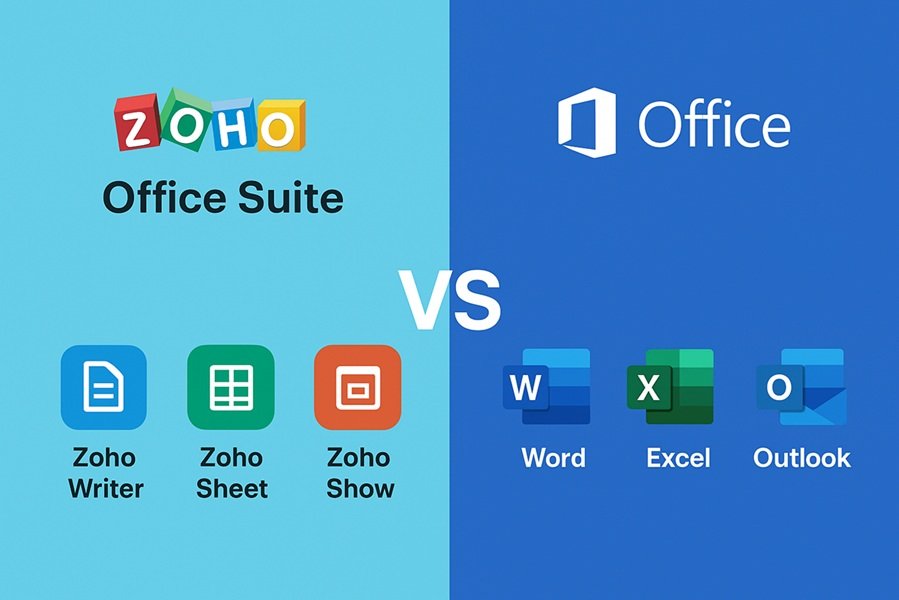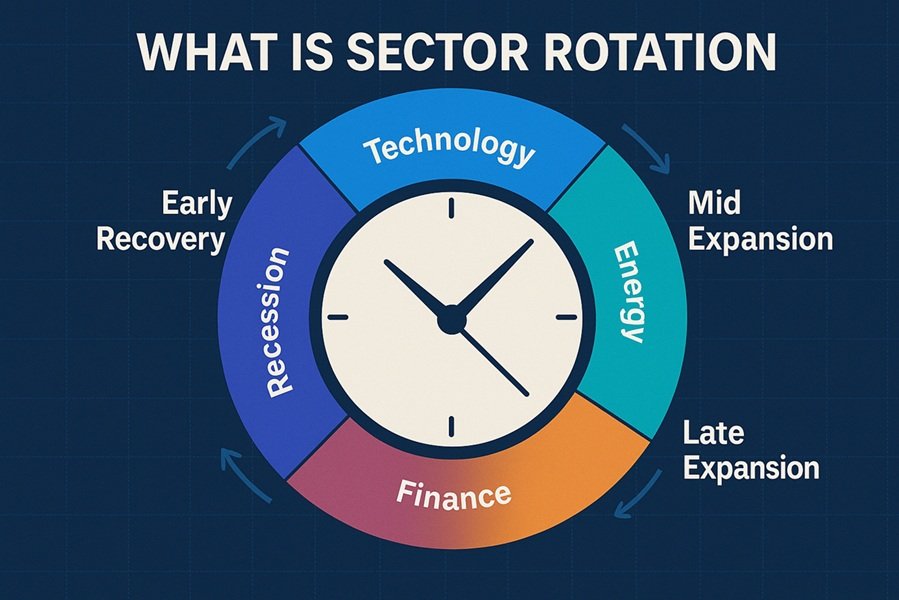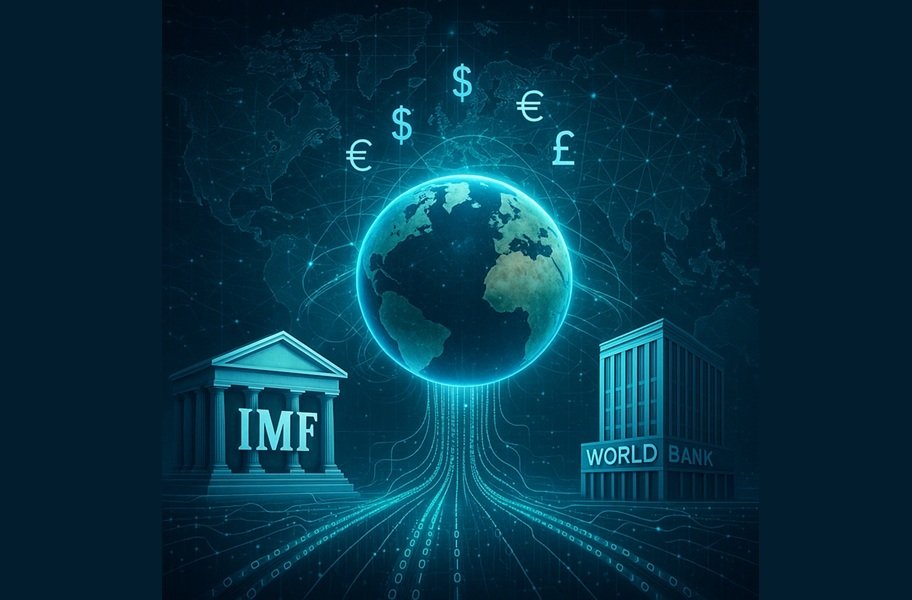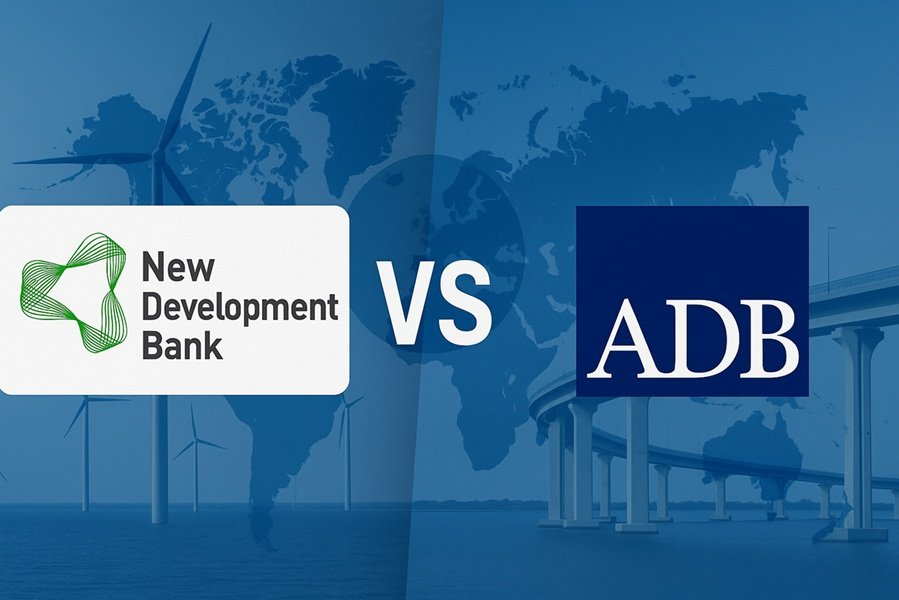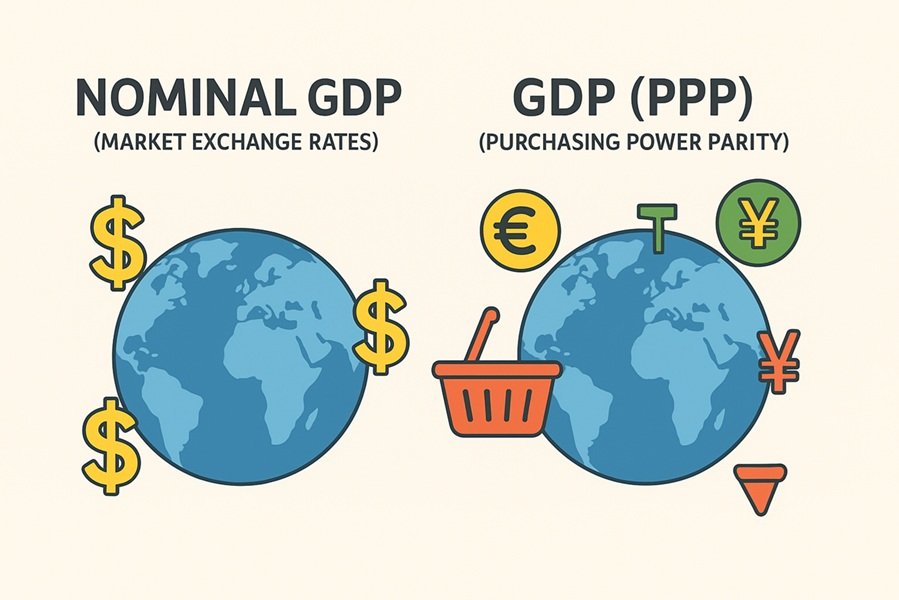
The dawn of a new century often invites reflection, excitement, and sometimes confusion. One particularly debated question is: On which date did the 21st century begin? While it might seem straightforward at first glance, the answer requires examining historical calendar conventions, mathematics, and public perception.
Understanding the Gregorian Calendar
To fully grasp this topic, we must understand the Gregorian calendar, which is the most widely used civil calendar in the world today. Established by Pope Gregory XIII in 1582 to correct inaccuracies in the earlier Julian calendar, it refined the calculation of leap years and standardized date reckoning.
The Gregorian calendar counts years starting from what is traditionally believed to be the birth of Jesus Christ, with years numbered as “AD” (Anno Domini) or “CE” (Common Era). However, it lacks a “year zero.” The first century began with the year 1 AD and ended with 100 AD.
Mathematical Basis: Why Some Believe It Began on January 1, 2001
From a strictly mathematical and calendrical perspective:
- The 1st century AD began on January 1, year 1.
- Each new century, therefore, begins with a year ending in “01” and ends with a year ending in “00.”
Following this logic:
- The 20th century spanned from January 1, 1901, to December 31, 2000.
- Therefore, the 21st century began on January 1, 2001.
This view aligns with the fact that there was no “year zero” and that centuries are counted in complete groups of 100 years, starting with year 1.
Public Perception: Why Many Celebrated January 1, 2000
Despite the mathematical accuracy, much of the global population celebrated the arrival of the 21st century on January 1, 2000. The visceral excitement of entering a new year marked by “2000” was hard to resist. This date carried cultural and symbolic significance:
- Millennium Hype: The term “Y2K” (Year 2000) dominated media and technology discussions, and the turn of the digits to “2000” fostered a sense of collective anticipation.
- Pop Culture and Media: Many events, organizations, and individuals labeled the transition from December 31, 1999, to January 1, 2000, as the “new millennium.”
- Psychological Impact: The symmetry and novelty of moving from 1999 to 2000 resonated deeply on an emotional and aesthetic level.
Historical Precedent of Century Beginnings
The debate isn’t new. A similar discussion took place as the year 1900 approached:
- Many people celebrated January 1, 1900, as the beginning of the 20th century, even though the official start, by mathematical standards, was January 1, 1901.
- This indicates that human interpretation and cultural forces often override strict numerical accuracy.
Bridging Both Perspectives
While purists and historians stand by January 1, 2001, as the correct date, it’s equally important to acknowledge the cultural and psychological reasons why January 1, 2000 became a celebrated milestone worldwide.
It is a classic example of the intersection between:
- Objective Calendar Science: Grounded in logic and consistent with historical dating methods.
- Subjective Human Experience: Heavily influenced by symbolism, culture, and societal momentum.
Conclusion
The “official” beginning of the 21st century, according to the Gregorian calendar and longstanding historical conventions, was January 1, 2001. Yet, in the hearts and memories of many, the celebrations that took place on January 1, 2000, marked the emotional and cultural shift into a new era.
This dichotomy reminds us that while dates and numbers provide structure, they often intersect with human perception in unexpected ways. Ultimately, both dates have their own significance—one rooted in precision, and the other in collective sentiment.


